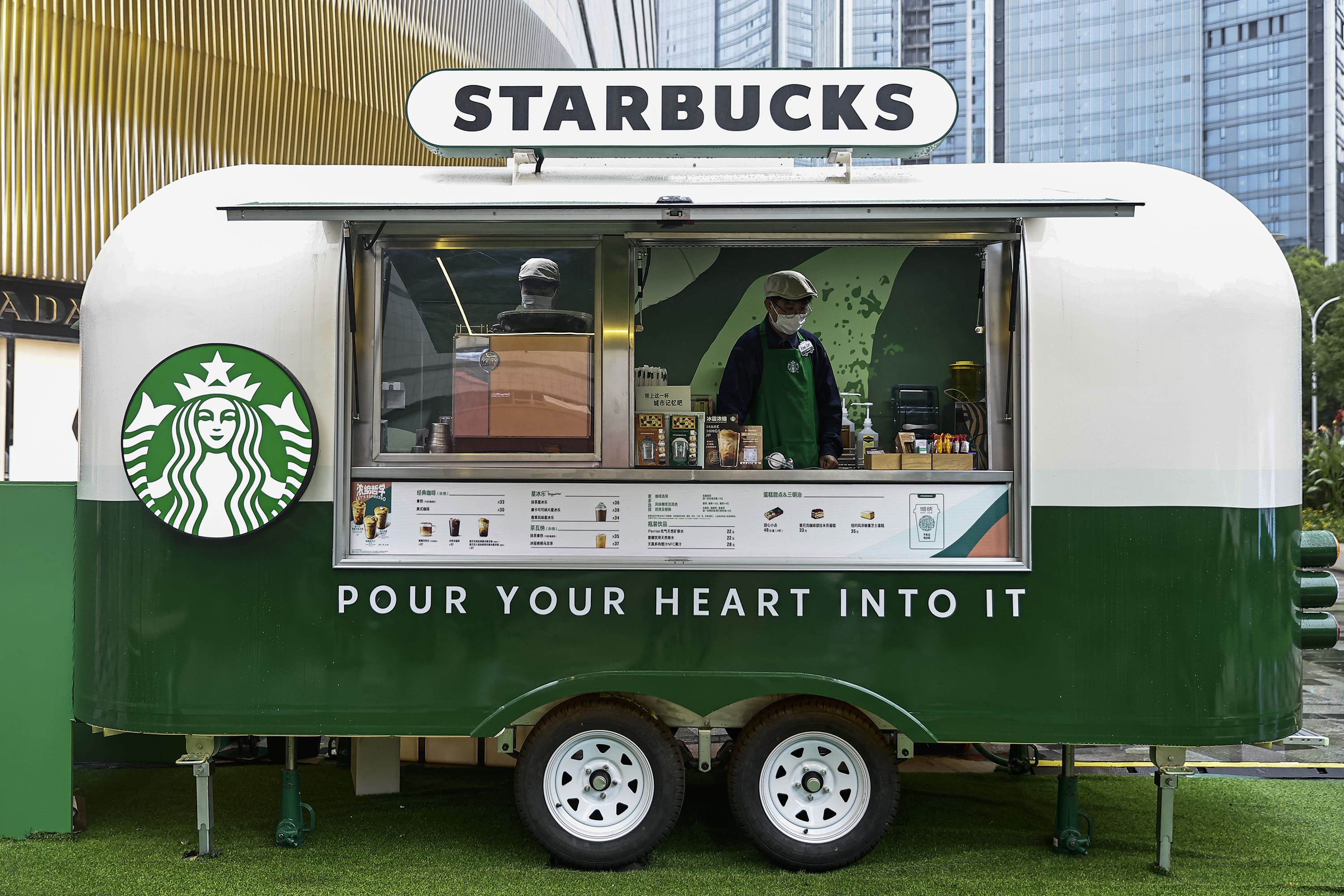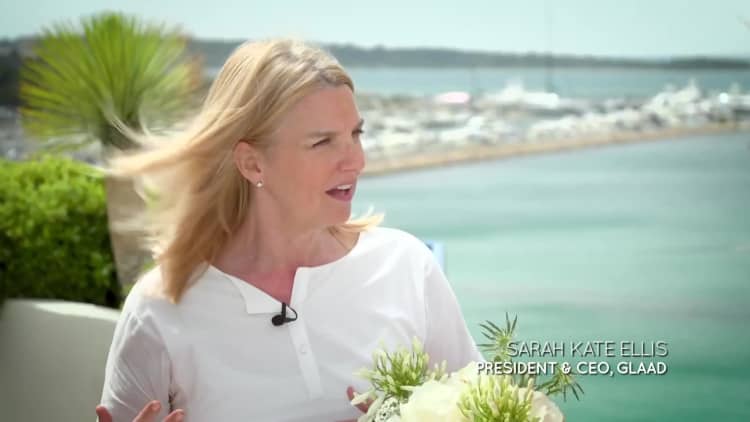Bud Light owner AB InBev beats forecasts in quarter dominated by boycott

[ad_1]

Anheuser-Busch InBev, the world’s biggest brewer, on Thursday smashed profit expectations during a quarter that saw a social media-driven boycott of its bestselling Bud Light beer in the U.S.
The Belgium-based Budweiser owner said its second-quarter revenue rose by 7.2% globally, as price hikes offset a 1.4% fall in volumes. The company said organic growth in earnings before interest, taxes, depreciation and amortization (EBITDA) was 5%, above a consensus forecast of 0.4%.
related investing news


AB InBev also reiterated its full-year and medium-term profit outlook. Last month, the company announced hundreds of job cuts impacting various areas of the business.
AB InBev shares were about 1% higher Thursday.
Bud Light, made by Anheuser-Busch, sits on a store shelf on July 27, 2023 in Miami, Florida.
Joe Raedle | Getty Images
The Bud Light boycott was a response led by high-profile online personalities to the brand’s brief product placement with transgender influencer Dylan Mulvaney, who was sent a bottle of the beer to promote in a video at the start of April.
The partnership sparked one of the most talked-about marketing furors in recent years, with Bud Light in May losing its spot as the top-selling beer in the United States to Constellation Brands’ Modelo, as sales fell 25%. AB InBev’s U.S. revenues were down 10.5% in the second quarter, according to its results, as core profit fell 28.2%.
The company then faced criticism for failing to support Mulvaney in the wake of the controversy, which attracted political attention and led to the reported leave of absence of the marketing executive who oversaw the partnership.
Zak Stambor, senior analyst at Insider Intelligence, said AB InBev “managed to alienate both conservatives and progressives in one fell swoop” and noted the importance of marketing to a brand which is “not a markedly different product from other macrobrewed light lagers.”
AB InBev CEO Michel Doukeris on the company’s quarterly earnings call told analysts the decline in sales has reached “stabilization with signals of improvement.”
He addressed the company’s response to the backlash, although he never specifically called it a “boycott,” referring instead to the “Bud Light situation.”
“In the U.S., we are listening and actively engaging with our consumers,” said Doukeris. “They want to enjoy their beer without a debate, they want us to focus and concentrate platforms that all consumers love.”
The company plans to take “different responses in different regions” but remains confident in Bud Light’s brand recovery.
In its earnings statement, AB InBev said research conducted on its behalf through a third-party firm showed 80% of 170,000 consumers surveyed were “favorable or neutral” toward the Bud Light brand.

The Thursday earnings highlight that the Bud Light declines meant AB InBev underperformed the industry in sales to retailers. In revenue terms, the drop was partially offset by the double-digit growth of its “mainstream portfolio” in South Africa and Colombia.
China was another area of strength, with regional volumes up by 11% in the second quarter.
Analysts at Royal Bank of Canada said they were “pleasantly surprised” by the results, but forecast an organic volume decline of 1.1% for the year, incorporating an assumption of no recovery in Bud Light.

AB InBev share price.
Correction: The Bud Light marketing executive who oversaw the partnership reportedly took a leave of absence. An earlier version misstated the person’s status.
[ad_2]